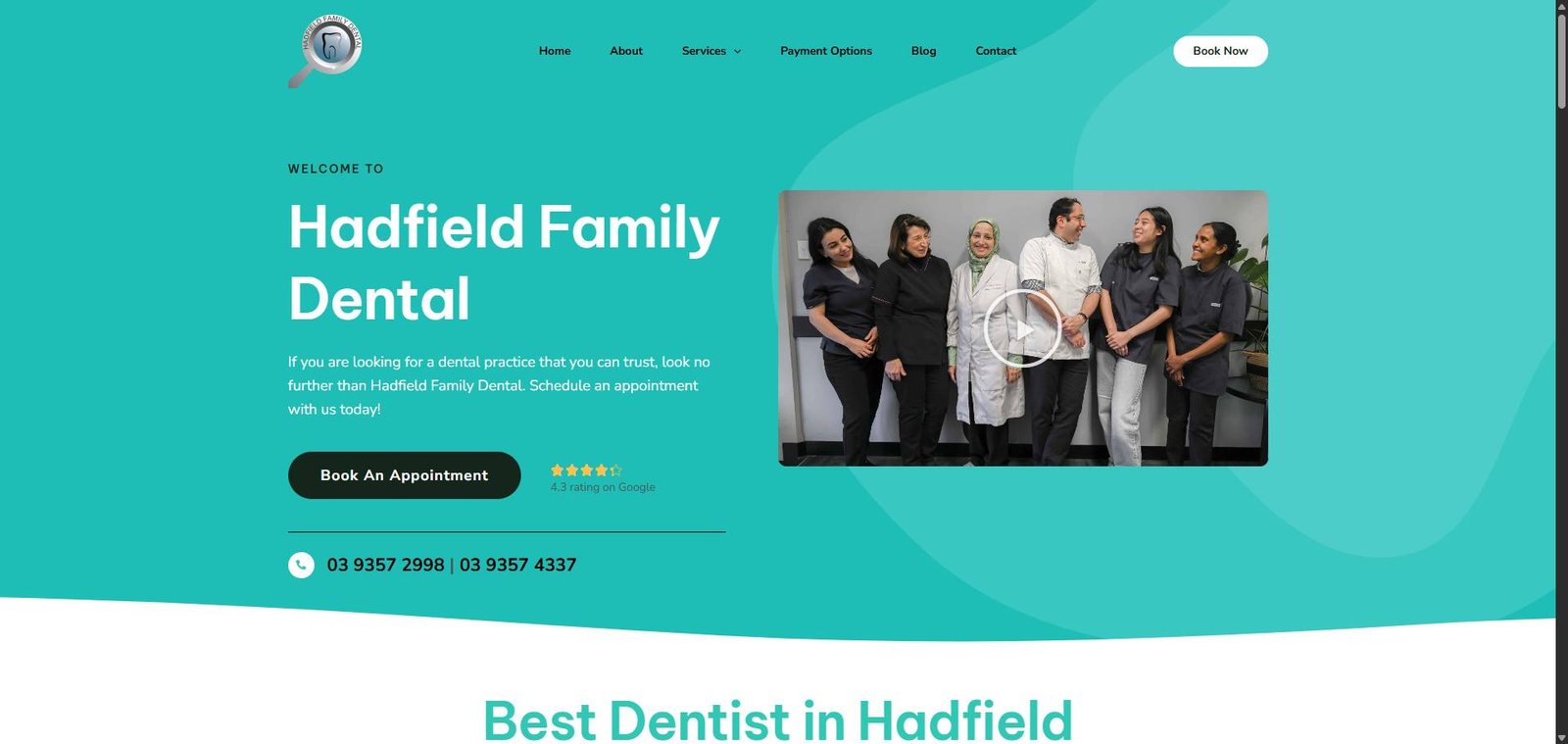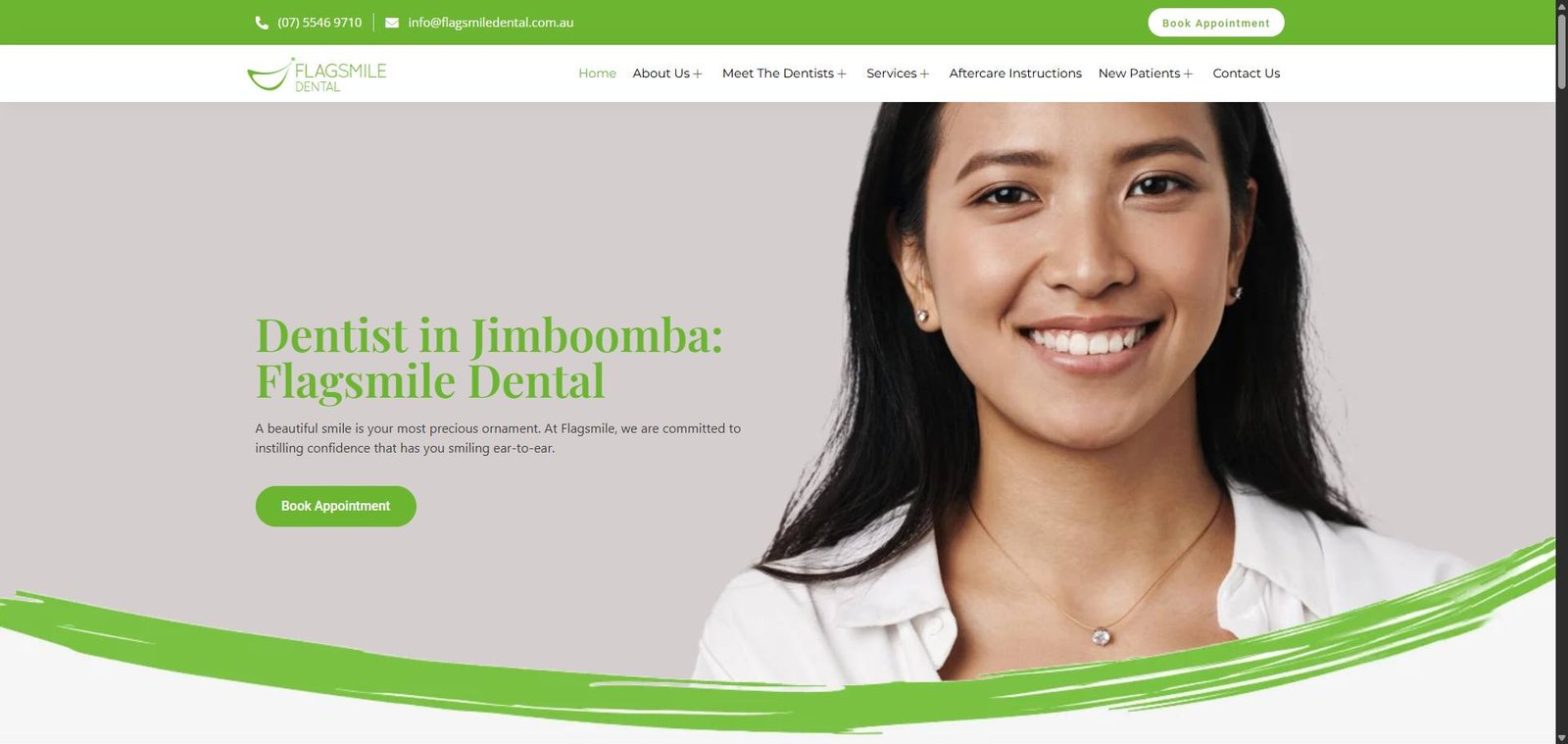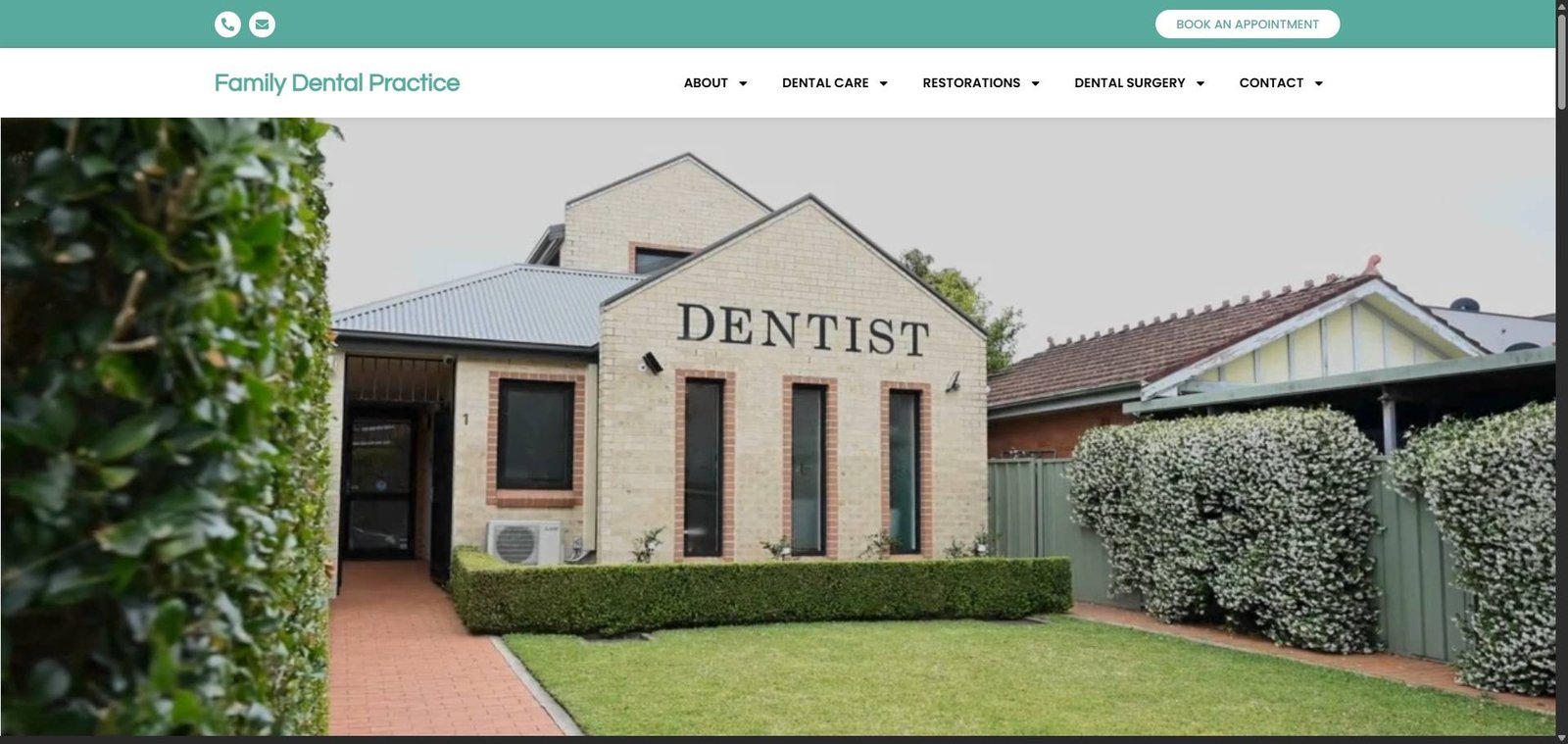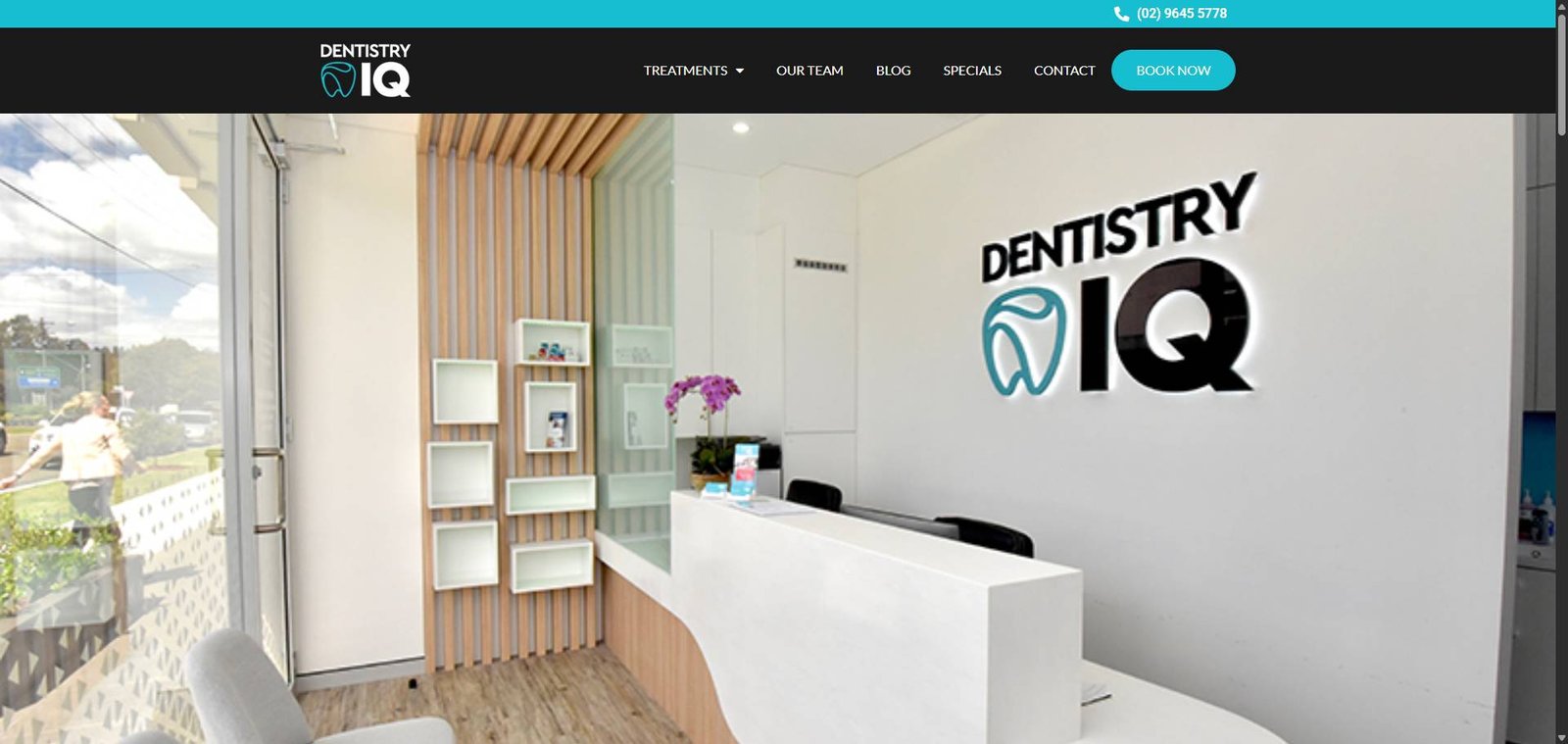General practitioners face a marketing challenge unlike any other medical specialty. While dermatologists target skin concerns and cardiologists focus on heart health, GPs must appeal to everyone – from anxious new parents to seniors managing multiple chronic conditions. Your digital marketing needs to demonstrate expertise across dozens of health topics while maintaining the personal touch that makes family medicine work.
Success in GP marketing comes from showing potential patients that you’re the reliable healthcare partner they can trust throughout their lives. Whether someone needs urgent care for a sudden illness or wants to establish long-term preventive care, your online presence should convince them you’re the right choice for comprehensive healthcare.
The Unique Challenge of Marketing Family Medicine
General practice marketing differs fundamentally from specialty marketing because your potential patients have vastly different health needs, technology preferences, and decision-making factors.
Pediatric patients are chosen by parents who research vaccination schedules, developmental milestones, and child-friendly healthcare approaches. These parents often prefer online booking, detailed information about services, and evidence of experience with children.
Working adults need convenient appointment scheduling, after-hours availability, and efficient care for both urgent issues and routine health maintenance. They respond to messaging about time savings and comprehensive service offerings.
Chronic disease patients want providers who understand long-term condition management and can coordinate care with specialists. They value expertise, consistency, and ongoing relationship building.
Elderly patients often prefer traditional communication methods and need providers who understand age-related health concerns and medication management complexities.
Diverse cultural communities may have specific health beliefs, communication preferences, and healthcare expectations that influence provider selection.
Your marketing strategy must speak to all these groups while maintaining consistent messaging about quality, comprehensive care.
Content Marketing That Serves All Patient Types
Creating content for general practice requires covering broad health topics while maintaining enough depth to demonstrate real expertise.
Preventive care education appeals to health-conscious patients across all age groups. Content about annual physical exams, recommended health screenings, and vaccination schedules provides ongoing value while positioning you as a knowledgeable healthcare resource.
Common condition management articles address the health issues you see most frequently. Posts about managing diabetes, controlling high blood pressure, treating minor infections, and handling seasonal illnesses demonstrate your day-to-day expertise.
When to seek care guidance helps patients make appropriate healthcare decisions while reducing unnecessary urgent care visits. Content explaining when symptoms warrant immediate attention versus home care builds trust and shows sound medical judgment.
Life stage health information targets different demographic groups with relevant health concerns. Adolescent health topics, pregnancy care guidance, adult wellness strategies, and healthy aging advice allow you to demonstrate expertise across the lifespan.
Family health topics address concerns that affect multiple family members. Information about preventing illness spread, managing family stress, and creating healthy household routines appeals to parents making healthcare decisions for entire families.
Search Engine Optimization for Comprehensive Primary Care
GP SEO requires targeting an enormous range of health-related searches while building authority across multiple medical areas without diluting your expertise.
Condition-specific optimization should cover the most common issues you treat. Create dedicated pages for diabetes management, hypertension care, respiratory infections, skin conditions, and other frequent patient concerns.
Service-based optimization targets patients looking for specific healthcare services. Terms like “annual physical exam,” “immigration medical,” “workplace health assessments,” and “chronic disease management” capture different patient intents.
Local search dominance becomes crucial for general practitioners since most patients prefer nearby primary care providers. Optimize for “family doctor near me,” “GP clinic,” and location-specific healthcare searches.
Age-specific content helps you rank for searches like “pediatric care,” “geriatric medicine,” and “adolescent health services” that reflect different family healthcare needs.
Urgent care optimization captures searches from patients who need immediate attention but prefer their regular GP over emergency rooms or urgent care centers.
PPC Strategies for Diverse Patient Acquisition
Paid advertising for general practitioners requires careful targeting and messaging that appeals to different patient types while managing budgets effectively across diverse healthcare needs.
Campaign segmentation by patient type allows for more targeted messaging. Separate campaigns for urgent care, routine physicals, chronic disease management, and family medicine services enable better budget control and message relevance.
Audience targeting should reflect the demographics of patients you want to attract. Age, family status, health interests, and local geography all influence who sees your advertisements.
Ad scheduling can optimize for when different patient types are most likely to search for healthcare services. Working adults might search during lunch hours or evenings, while retirees may search during typical business hours.
Budget allocation should reflect patient lifetime value rather than immediate appointment revenue. Family medicine patients who establish ongoing care relationships provide much more long-term value than single-visit patients.
Landing page optimization for different campaign types ensures that urgent care ads lead to immediately accessible contact information while routine care ads can provide more comprehensive practice information.
Building Trust Across Generational Divides
General practitioners must establish credibility with patients ranging from digital natives who expect modern healthcare technology to older patients who prefer traditional medical relationships.
Technology integration should enhance rather than complicate the patient experience. Online booking systems should work seamlessly while maintaining phone booking options for patients who prefer direct communication.
Professional presentation must balance modern healthcare approaches with the traditional values that many patients associate with trusted family medicine.
Communication style in your marketing should be approachable and understandable without sacrificing medical accuracy or professional credibility.
Staff diversity and cultural competence should be highlighted when relevant to serve diverse patient populations effectively.
Credential display should emphasize both medical qualifications and experience with different patient types to build confidence across demographic groups.
Email Marketing for Long-Term Patient Relationships
General practice email marketing serves multiple functions: patient education, appointment reminders, health maintenance encouragement, and relationship building.
Educational newsletters can rotate through health topics relevant to different patient segments. Monthly newsletters might cover child health, adult wellness, chronic disease management, and healthy aging in different issues.
Preventive care reminders automated based on patient demographics help ensure appropriate screening schedules. Women’s health reminders, colonoscopy scheduling, and vaccination updates can be personalized based on patient age and health history.
Seasonal health campaigns address timely health concerns like flu prevention, allergy management, travel health preparation, and holiday wellness that affect patients across age groups.
Chronic disease support through targeted email sequences helps patients manage ongoing conditions while maintaining their connection to your practice between appointments.
Family health education provides information that parents can use to make better healthcare decisions for their children and aging parents.
Social Media Approaches for Family Medicine
Social media for general practitioners requires balancing professional medical expertise with the personal, approachable qualities that make family medicine relationships work.
Health education content should address common concerns across different age groups while demonstrating your knowledge and approach to patient care.
Community involvement highlights your commitment to local health and wellness beyond individual patient care, building reputation and trust within your service area.
Practice personality can be shown through team introductions, behind-the-scenes content, and community health participation that humanizes your healthcare approach.
Patient interaction through comments and messages provides opportunities to demonstrate your communication style and patient care philosophy while maintaining appropriate privacy boundaries.
Health awareness campaigns allow you to participate in broader public health initiatives while positioning your practice as a community healthcare resource.
Managing Online Reputation for Comprehensive Care
General practitioners receive reviews about everything from urgent care experiences to routine check-ups, requiring comprehensive reputation management strategies.
Review response strategies must account for diverse patient experiences and expectations. Response approaches for pediatric care reviews differ from chronic disease management feedback.
Service-specific reputation building involves encouraging reviews from patients who receive different types of care to showcase your full range of capabilities.
Patient education about appropriate expectations for different types of appointments can prevent misunderstandings that lead to negative reviews.
Staff training for consistent patient experiences becomes crucial when your team interacts with such diverse patient types and health concerns.
Continuous improvement based on patient feedback helps identify areas where different patient populations have unmet needs or communication preferences.
Conversion Optimization for Family Medicine Websites
General practice websites must convert visitors with vastly different healthcare needs and technology comfort levels into patients.
Multiple conversion paths accommodate different patient preferences for scheduling appointments. Online booking, contact forms, and prominent phone numbers serve different user types.
Service clarity helps potential patients quickly understand whether you provide the healthcare services they need without extensive research or phone calls.
New patient information should address common concerns about establishing care, insurance acceptance, and what to expect during initial appointments.
Emergency information must be immediately accessible for patients who need urgent guidance or after-hours care instructions.
Family-friendly messaging should appeal to parents choosing healthcare providers for their children while remaining relevant for individual adult patients.
General practice digital marketing succeeds when it reflects the comprehensive, relationship-focused nature of family medicine while accommodating the diverse needs and preferences of patients across all life stages. The most effective GP marketing demonstrates both broad medical competence and personal care qualities that make family medicine practices trusted healthcare partners for entire communities.
Conclusion
GP marketing success requires strategies that speak to everyone from anxious new parents to seniors managing chronic conditions. Your digital presence must demonstrate expertise across the full spectrum of family medicine while maintaining personal connection.
We help family medicine practices attract patients across all demographics through comprehensive digital strategies. Pracxcel understands the unique challenges of marketing to diverse patient populations. Ready to become your community’s trusted family healthcare partner? Contact us today.







